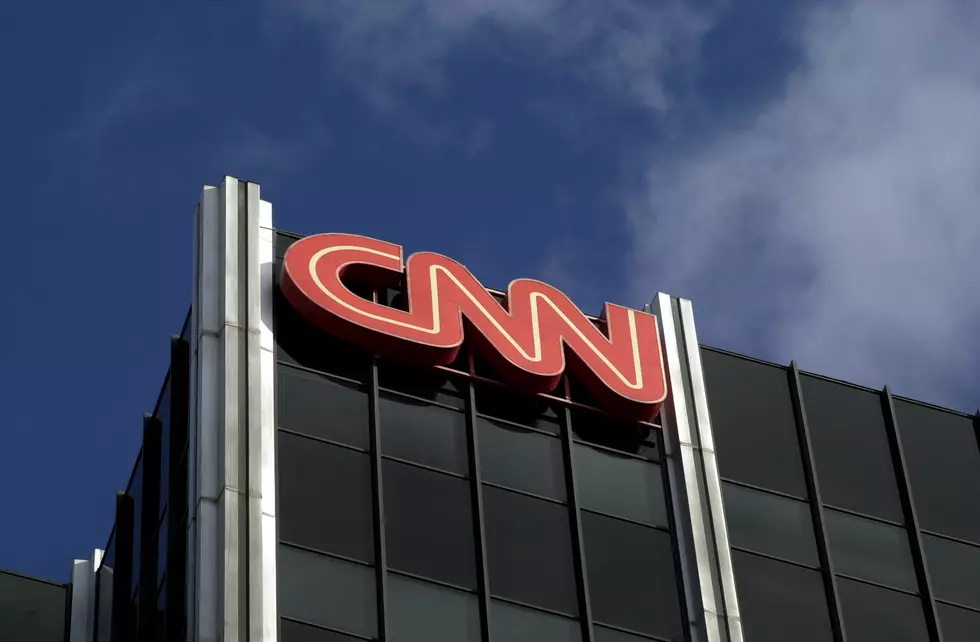![Gas Prices!!! Why Are They So High? [VIDEO]](http://townsquare.media/site/160/files/2012/04/gsa_products.jpg?w=980&q=75)
Gas Prices!!! Why Are They So High? [VIDEO]
Why are gas prices so high? Who is really responsible? When is the price hike going to stop? What's going on?
One thing's for sure, The President of The United States Of America doesn't have any control over the prices. The is an absolute fact. Do to all of the finger pointing, Roland Martin of both CNN and host of TV ONE's "Washington Watch" exposed a mass spread lie on the gas prices recently. In his popular segment "The Biggest Damn Lie" of the week Roland reported;
In a report just released from CNN news on CNN.com it read,
For most Americans, energy policy right now is all about gasoline prices. And given the political claims and counterclaims on this issue being tossed about, it's no wonder that the public is both skeptical and confused. Republicans charge that the president is responsible for higher prices at the pump, and a certain GOP presidential hopeful has even been so bold as to promise a return to $2.50 a gallon gasoline. Critics of the administration are quick to note that when Barack Obama took office, gasoline prices were $1.95 a gallon. But they neglect to note the U.S. economy was in a virtual depression. For purposes of comparison, when President George W. Bush took office in 2001, gasoline sold for an average of $1.55 a gallon. In the summer of 2008, his last year in office, prices exceeded $4.25. In reality, presidents have little to do with near-term fluctuations in gas prices.
Earlier this year, closures of refineries announced in the United States and elsewhere began pushing up gasoline prices well in advance of the coming "driving season." More recent increases are more closely tied to the delicate balance between increased demand growth and concerns related to supply disruptions, including but not limited to concern over Iran.
J. Robinson WestThe single largest component in the price of gasoline is the cost of crude oil. Federal, state and local taxes as well as refining costs, transportation, retail advertising and the cost of the service station lease also figure in. All things being equal, for gas to cost $2.50 a gallon, the crude oil price would have to be in the $50-a-barrel range (less than half of the current price). And to achieve this anytime soon would likely require a global economic collapse. With oil at $50-a-barrel it would not be economically viable for oil companies to bear the cost of extracting oil locked up in hard-to-reach places such as the deep ocean or oil sands, where much of the new production is found. Such a price reduction would, in any event, be short-lived, as demand would grow with lower prices while supply languished. For the longer term, the president's goal of doubling fuel economy standards and increasing fuel choices makes eminent good sense: It would make $4 gasoline feel like $2 gas to consumers. Also a very good thing.
Republicans charge that the president has impeded domestic oil production, while Democrats are quick to note that production is at its highest level in years. Here, the facts are on the president's side, as U.S. oil production is at its highest level since 2003 and imports are below 46%. This is truly good news.
Like CNN said, no matter what party you belong too, we are all in this together. I don't have the answers, but I it's safe to say taking other forms of transportation is a pretty good idea. When possible, walk to work if it's a pretty day and you live close by. Ride your bike to work, or take the city bus. Carpool when possible.
If your like me, with a big SUV, I try and drive without my AC a much as possible. I slide open the sunroof and roll down the windows to conserve my gas. I also try and keep a full tank no matter what. What I do is fill it back up every time my gas meter gets to 3/4 of a tank. Yeah, I fill up more often but it's only $20 verses $80 or $90 each time I do.
More From 107 JAMZ







![Van Jones Talks Politics And His Latest Book [VIDEO]](http://townsquare.media/site/160/files/2017/10/GettyImages-858430854.jpg?w=980&q=75)
![Mother Goes Off On CNN Reporter At Shelter [NSFW-VIDEO]](http://townsquare.media/site/34/files/2017/08/Screen-Shot-2017-08-29-at-7.26.09-PM.png?w=980&q=75)
